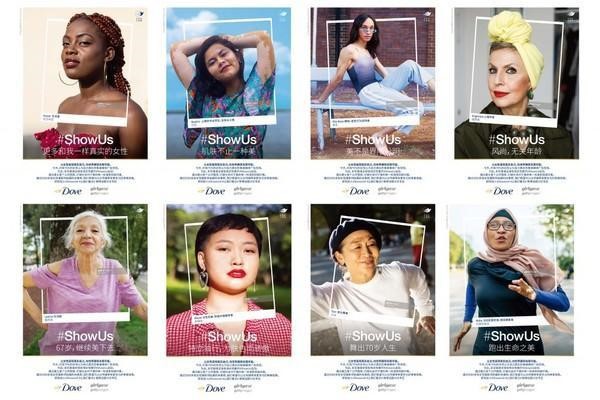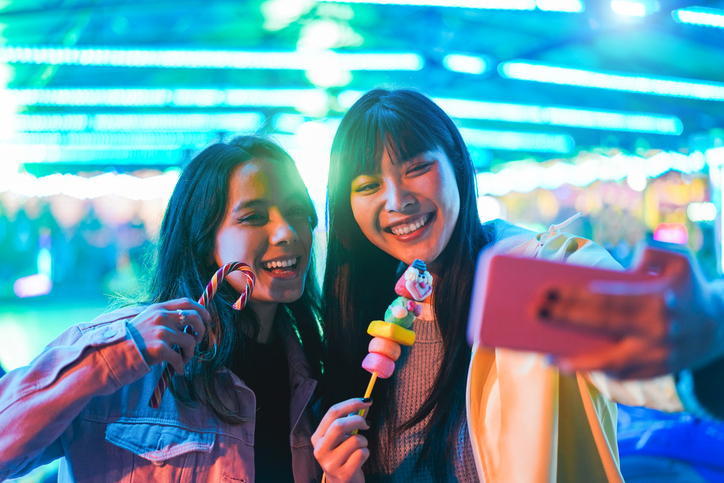
What societal changes or new consumer behaviour are emerging in a world severely impacted by the pandemic and politics?
There is a greater reliance on online interactions with merchants, companies, service providers.
There is also a greater desire for the human touch—both online and offline.
While consumers wish for convenience through online shopping, online media consumption, contactless delivery and e-payments, they also want the human touch from other consumers. Hence, joint consumption events, joint workout platforms, joint dialogues, and joint courses are gaining popularity.
The aforementioned trends are definitely catalysed because of the uncertainties people face in our world today. In addition, because of uncertainty and fear, people are showing higher sensitivity to ‘scarcity cues’ and worrying about products or opportunities running out. This could lead to stocking-up behaviours and over-consumption (for example, binge-watching and binge-eating).
The uncertainties and fears about financial resources and incomes can also lead people to purchase more tangible, material goods rather than spending their money on services and experiences.
Lastly, because life is more stressful and adds a lot of cognitive load for consumers, a more streamlined shopping journey (e.g. via subscription programs) is becoming more popular.
What will the above mean for marketers, or what will the biggest challenges be for marketers in the near future due to these recent changes?
Marketers are realising that it’s even harder to get consumer attention online these days, and that consumers are highly sensitive to discounts and scarcity cues. All of these can result in a decrease in their loyalty.
Continuing to develop brand equity in a meaningful way that can offer comfort for consumers will become more important in sustaining a brand.
To navigate the current landscape, marketers need to realise that it’s not just about reaching the consumers and getting their attention. Every contact with consumers should provide a real and meaningful connection; every interaction from a brand should offer them support, alleviate their concerns, and build them friendships.
What lessons can we learn from history?
What we are facing today is very unique; although we can utilise the lessons we have learned from the past (observing specific consumer groups who tend to face more economic and political uncertainties) to inform our work on building brands for tomorrow.
I believe that recognizing and being part of societal changes is important. Dove has done a great job on this over the years, acknowledging the newer trends of beauty in their global campaigns, and appreciating the rise of female empowerment movements in China in their local campaigns.

Which new consumer psychological states will stick around after the pandemic gradually ends? Why?
The transition to rich-media interactions online and the need for the human touch will continue even after this crisis.
The generation that grows up during this time will have very different expectations about online content and in-person services from the generations before them.
Brands should pay attention to be properly relevant to the current generation growing up in uncertainty and fear. What can you do to actually make their lives easier? How can you best support them with your products and services? Start from these aspects so that your brand becomes essential to your consumers further down the road.
Can you talk about some examples of marketing campaigns that tap into social issues in a great way?
Campaigns that are marketing on the basis of ideology has been very successful. Instead of marketing a specific brand, these companies focus on ideas and beliefs. In the US, groups of multiple interests were able to create a movement “Black Lives Matter” and were able to utilise brilliant marketing vehicles to help the social movement take off. A lot can be learned by studying these types of marketing success.
Any insights for brands trying to leverage local cultures?
When we think about “local culture”, it is no longer about a country; it is about a specific sub-culture or a specific segment of consumers. The millennials in China can be much more similar to the millennials in the US, than to Generation Y in China. So when we think about cultural marketing, try to think about it based on value systems and not based on a country’s borders.

Globalisation is now affected by the pandemic as people rethink what nationalism means for them, especially in China. The country is pursuing the policy of “inner circulation” and economic self-reliance. So what will be the impact on marketing?
This can be both an opportunity and a threat. Reviving the economic development via manufacturing, marketing, and consumption within a country can be good as it helps to strengthen every link in the supply and demand chains internally. However, this can also inhibit innovation and positive change because of the lack of diverse influences.
Striking a balance would be key to any country moving forward and participating in the global economy.
In summary, please give one key action point for the marketing industry in 2021.
Use your online and offline channels in a smart way together (and not separately) to connect with your consumers in a meaningful way.

